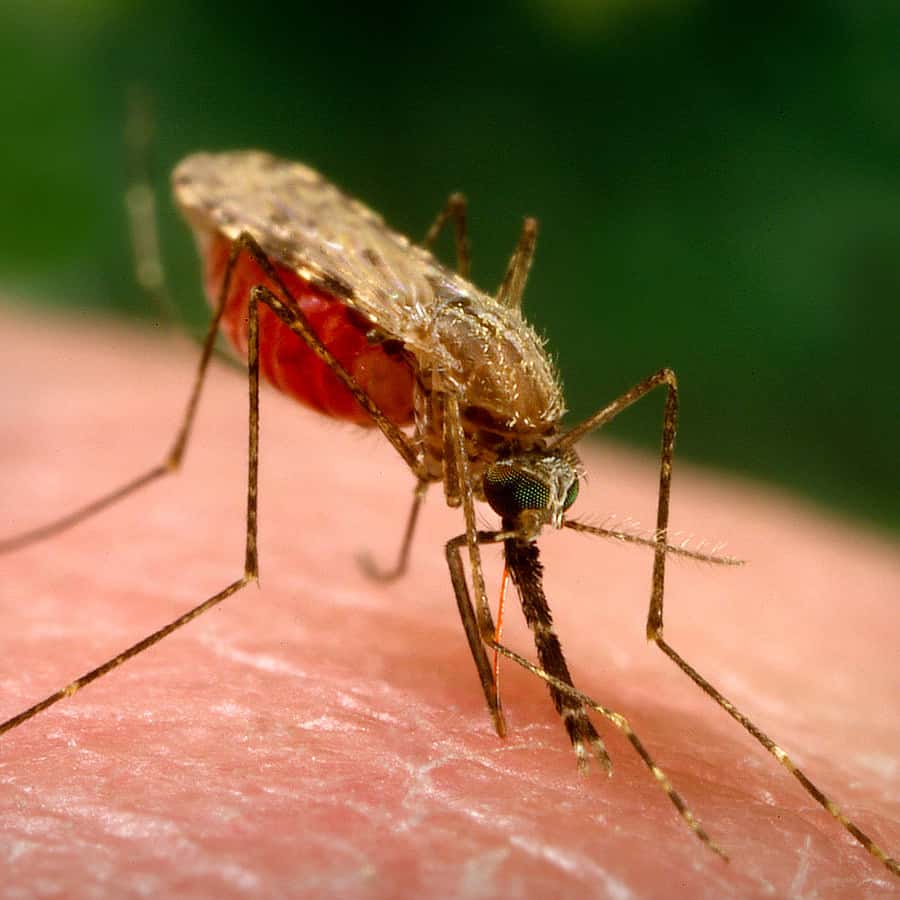
Summertime, and the livin’ is easy, or so the song goes. (Here’s the magnificent Ella Fitzgerald singing it.) But summertime also brings its share of biting insects, and keeping them away is not always easy. Mosquitoes can carry disease, including West Nile virus, so it makes sense to protect yourself as well as possible. DEET is the standard, but not everyone wants to use it. How else can you keep mosquitoes away? Even more important, how can you protect your children from mosquito bites?
Mosquito Repellents for Youngsters:
Q. What mosquito repellents are safe for kids? I seem to remember that you have written about problems with DEET.
A. DEET (N,N-diethyl-m-toluamide) has been controversial for decades. It was developed by the US military shortly after World War II to protect troops from dengue, malaria and other tropical diseases carried by mosquitoes. In 1957, DEET made its debut on the consumer market. Not only does it keep mosquitoes away, it is also effective for repelling ticks. As a result, it can help protect youngsters from Lyme disease and Rocky Mountain Spotted Fever as well as West Nile virus.
Over the years there have been a few reports of neurological reactions in young children (Human & Experimental Toxicology, Jan. 2001). The CDC and the EPA both say that DEET is safe as long as parents follow the instructions on the label.
If you prefer to avoid DEET, read on. Fortunately, there are effective alternatives. Pediatrician Alan Greene recommends picaridin-containing products such as Natrapel and Sawyer on his website www.DrGreene.com. Products containing oil of lemon eucalyptus are also effective and considered safe for children. Consumer Reports suggests that adults should apply insect repellent to their own hands and then rub it on children’s exposed skin.
An effective repellent along with protective clothing are especially important for anyone, child or adult, who has an allergic reaction to mosquito bites. This is known colloquially as “skeeter syndrome.”
Repellents to Keep Mosquitoes Away:
Q. I killed a mosquito last night, and that got me thinking about repellents. I have some concerns about DEET, which seems to be the standard.
A few years ago, I was camping with friends. One of my companions slathered DEET on herself and then poured wine into a plastic glass. Her fingerprints are permanently etched into the wine glass.
We’re not talking about disposables here. These cups are thick, dishwasher-safe, clear, reusable glasses. I’m hesitant to use a product that etches plastic.
I’ve had reasonable success by wearing a neckerchief permeated with permethrin and applying picaridin repellent.
What DEET Does:
A. DEET is an effective insect repellent that can certainly keep mosquitoes away. Unfortunately, it can behave like a solvent. It may dissolve some items such as plastic watch crystals, paint, nail polish and synthetic fibers. DEET may also harm certain breathable fabrics.
Both Consumer Reports and the Environmental Working Group (EWG) suggest that oil of lemon eucalyptus and picaridin can each serve as an alternative to DEET. They are quite effective repellents. Brand names include Repel Lemon Eucalyptus, Sawyer Picaridin and Natrapel Picaridin.
Citations
- Briassoulis G et al, "Toxic encephalopathy associated with use of DEET insect repellents: a case analysis of its toxicity in children." Human & Experimental Toxicology, Jan. 2001. DOI: 10.1191/096032701676731093

